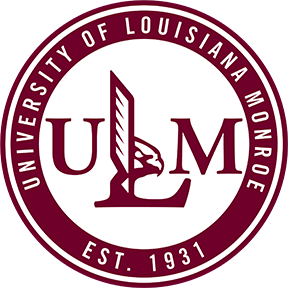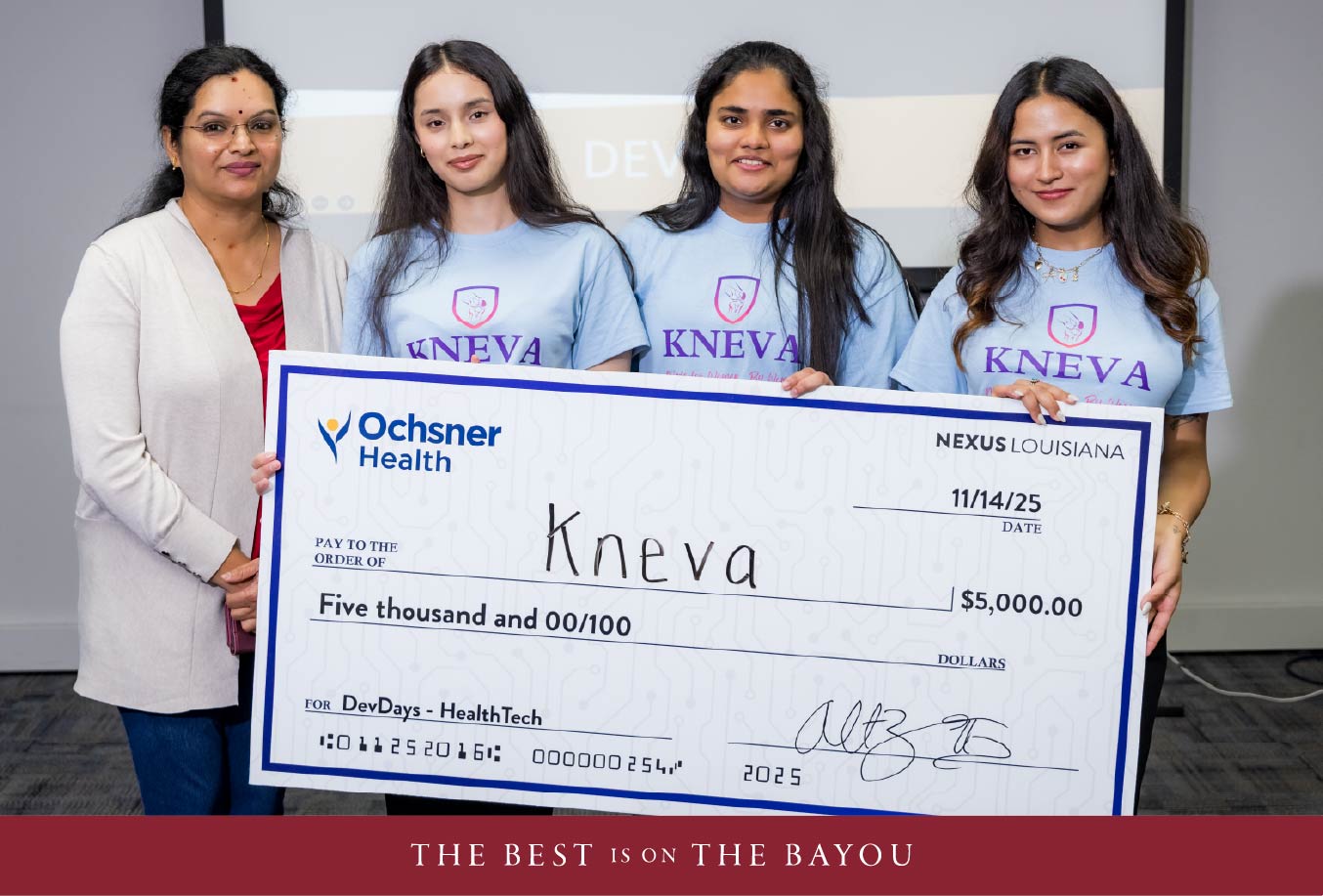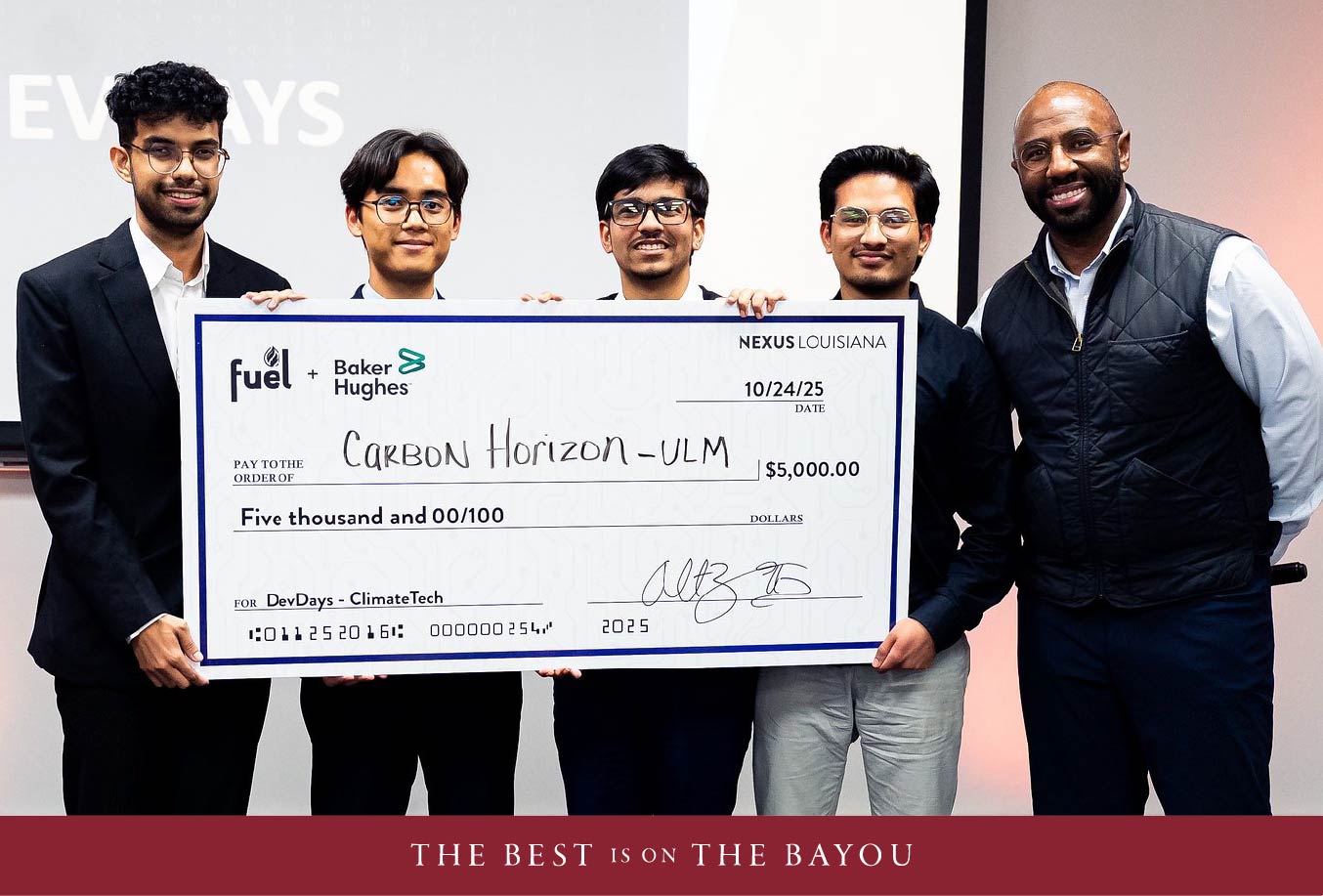


Psychology is the science of behavior and thinking. Psychology majors develop a broad understanding of behavior and the skills to interpret research concerning what people do and think. Psychology majors learn critical thinking and a scientific approach to understand and solve problems related to behavior and mental processes.
Psychology is relevant to many occupations that involve critical thinking and interactions with others. Psychology can prepare students for employment in a variety of areas including mental health, human resources, education, research, and law enforcement. Many careers directly related to independently practicing Psychology require education beyond the undergraduate degree.
Making sure your program is the right financial investment is an important part of the search process.
COST & FINANCINGThe Psychology major prepares students for fields involving critical thinking, research, data analysis, and any field requiring people skills.
Psychology majors are often favored by employers because graduates possess the ability to gather information through a variety of means and synthesize findings in a coherent manner.
Psychology faculty are among the most accessible with a variety of interests, research, and real-life experiences relevant to the classroom and beyond.
Psychology collaborates closely with other departments in the College of Business and Social Sciences, Health Sciences, Education, and throughout the University.
Our undergraduate program prepares you for our Masters programs including the Forensic Psychology degree.
Students are exposed to the newest trends in the field of psychology.
In most states, including Louisiana, people who wish to perform individual counseling or therapy independently will require training beyond the undergraduate level.
Majors take an Introduction to Psychology class, usually PSYC 2001. This is typically followed by PSYC 2003 Child Psychology or PSYC 2078 Developmental Psychology, offering more detailed accounts of human development. Majors also take classes in the broad array of contemporary psychology including Physiology Psychology (PSYC 3001), History of Psychology (PSYC 4007) and Advanced General Psychology (PSYC 4099). Research Methods (PSYC 3039) and Statistics (PSYC 4039) are also required.
Popular electives include Learning and Motivation (PSYC 3015), Positive Psychology (PYSC3060), Abnormal Psychology (PSYC 4001), Social Psychology (PSYC 4002), Clinical Psychology and Clinical Research (PSYC 4003), Personality, (PSYC 4006), Health Psychology (PSYC 4010), Evolutionary Psychology (PSYC 4050) and Psychological Measurement (PSYC 4051).
Classes are available face-to-face, and most are also offered in WEB-based format. All classes necessary for the major are available through ULM Online. An increasing number of classes use low or no cost Open Educational Resources (OER) to reduce student textbook costs where possible.
A Psychology major involves 36 hours of which 12 are electives. A minor involves 18 hours including PSYC 2001 Introduction to Psychology, PSYC 4039 Statistics, and 12 additional hours, at least 9 hours of which must be numbered 3000 or higher.
Many students pursue a double major including Business, Criminal Justice, a Health Studies Curriculum, Social Work, an international language, or another science.
Psi Chi is the National Honor Society in Psychology committed to scholarship, service, and research. Admission is for students of junior standing who have a 3.0 undergraduate average.
PSYSciety is ULM’s innovative Undergraduate Recognized Student Organization. It is open to all students and member of the university community. The purpose of this group is to bring Psychology from the classroom to the ULM community through increased student engagement in a variety of venues including speaker series, job forums, discussions, community activities, and service.
Many Psychology students are involved in the University’s Emerging Scholars program and conduct research with a faculty member. They present their findings at the Annual University Research Symposium. Upper level students often present the results of research at statewide, regional, and national conferences, gaining valuable opportunities to network with other students and professionals.
Psychology students also have the opportunity to participate in a research team with other students and faculty. Topics have included dolphin research, academic motivation, forensic psychology, addiction, driving, and geriatric psychology. Opportunities are only limited by your time, commitment, and enthusiasm. Faculty are committed to developing research-interests with students as partners since this is one of the most helpful future career collaborations.
Students may also participate in community internships which are available to advanced majors. These may be taken as class credit under the supervision of faculty.
ULM Psychology program has an outstanding psychological testing laboratory available for supervised student research and training. Other facilities include virtual reality equipment and the region’s only teaching-enabled Neurobehavioral Biofeedback Laboratory, which can map facets of human brain activity in real time.
Faculty also edit a regional psychology journal, which allows students the opportunity to gain professional experience in the professional publication process.
Learn more about financial aid options: https://www.ulm.edu/financialaid/
Learn more about scholarship opportunities: https://www.ulm.edu/scholarships/



